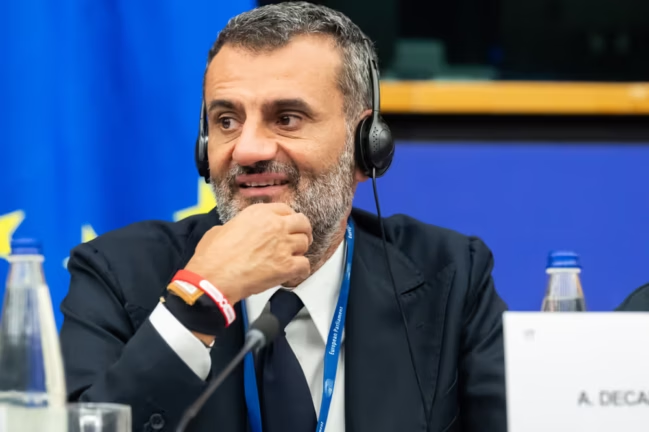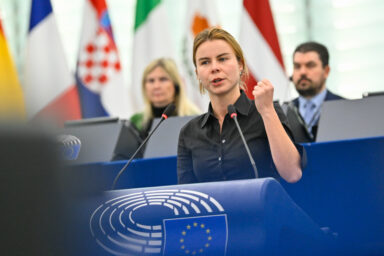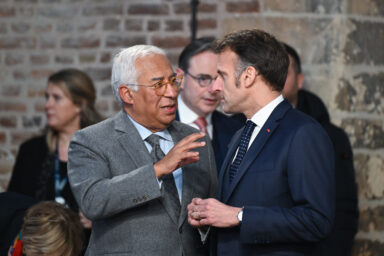EU climate policy should prioritise high level of environmental protection together with cost-effectiveness and the competitiveness of European economy, MEPs stated. The Committee on the Environment, Climate and Food Safety on Monday, October 6, adopted its policy demands for the UN Climate Change Conference COP30.
The resolution of the Committee on the Environment, Climate and Food Safety (ENVI) was adopted with 57 votes in favour, 23 against and four abstentions. It states that the EU should remain a leader in international climate negotiations. The document also calls on all countries to contribute their fair share in providing adequate climate finance.
Climate change and security risks
The resolution highlights that climate change can lead to a scarcity of natural resources and food shortages. That could result in increased tensions in international relations, conflicts over natural resources, and is responsible for natural disasters. The international community should pay increased attention to the climate impact of conflicts, MEPs add. The resolution also underlines the frightening extent of environmental damage caused in Ukraine and Gaza.
The EU and its member states are the largest providers of public climate finance, providing roughly one third of global public climate finance. — ENVI resolution on COP30
The document notes that the EU and its member states are the largest providers of public climate finance. The European Union provides roughly one third of global public climate finance. In 2023, the EU’s and member states’ climate finance reached €28.6bn from public sources in 2023.
The resolution argues for increased global efforts to reduce emissions and address climate impact across all sectors. That includes methane, road transport, international shipping, agriculture, textiles, and tourism.
The resolution will be put to a vote by the full house during the plenary session of 20–23 October.
You might be interested
Nationally Determined Contributions as the main focus of COP30
The 2025 United Nations Climate Change Conference (COP30) will bring together global leaders, scientists, civil society, and stakeholders to negotiate and advance action under the United Nations Framework Convention on Climate Change (UNFCCC) and the Paris Agreement. The resolution, once adopted by the plenary later in October, will constitute the mandate for the Parliament delegation’s exchanges with third country delegations on efforts and challenges to limit the temperature increase to 1.5°C above pre-industrial levels.
The discussions at COP 30 are expected to focus on the Nationally Determined Contributions (NDCs) up to 2035. Providing climate finance for developing countries, shifting to renewable energy, protecting tropical rainforests and biodiversity, and the importance of a development model that respects the rights of indigenous people and local communities is expected to be high on the agenda, too.
The European Parliament will be represented at the COP 30 by a delegation of 15 members led by Chair Lídia Pereira (EPP/PRT) and Vice-Chair Mohammed Chahim (S&D, NLD).











